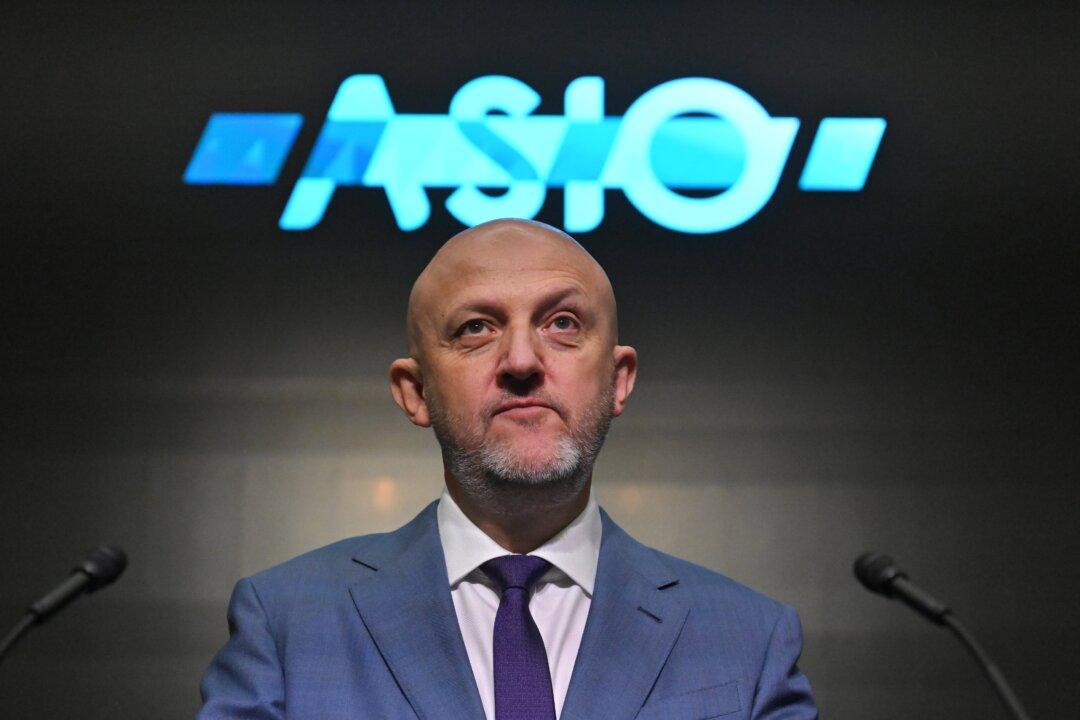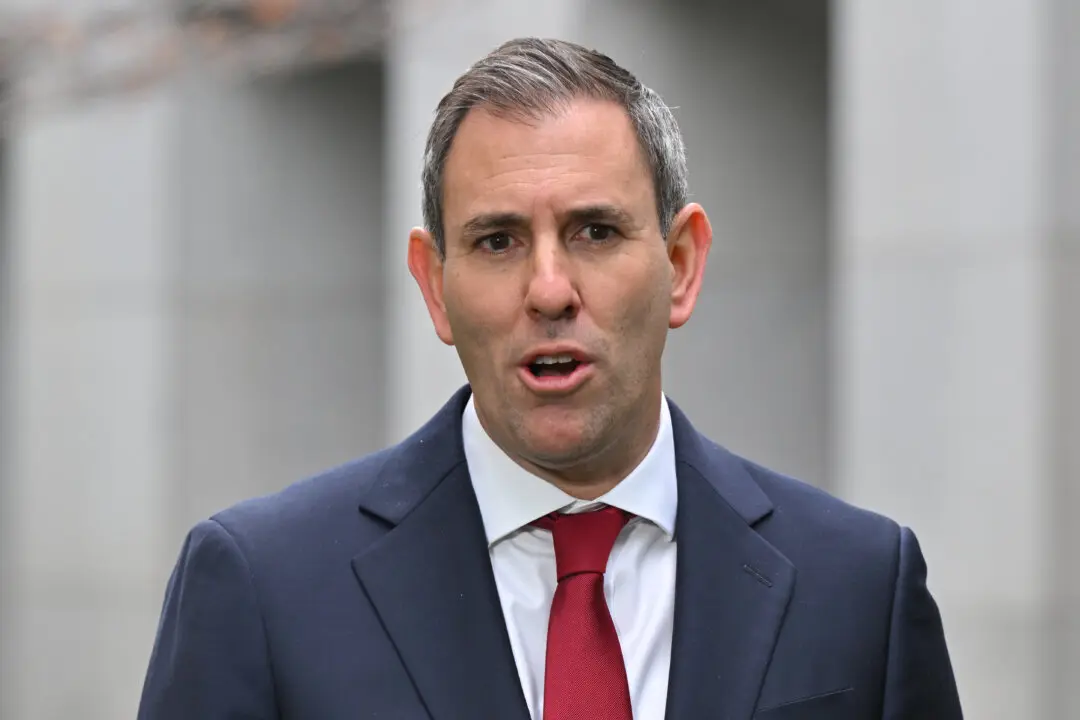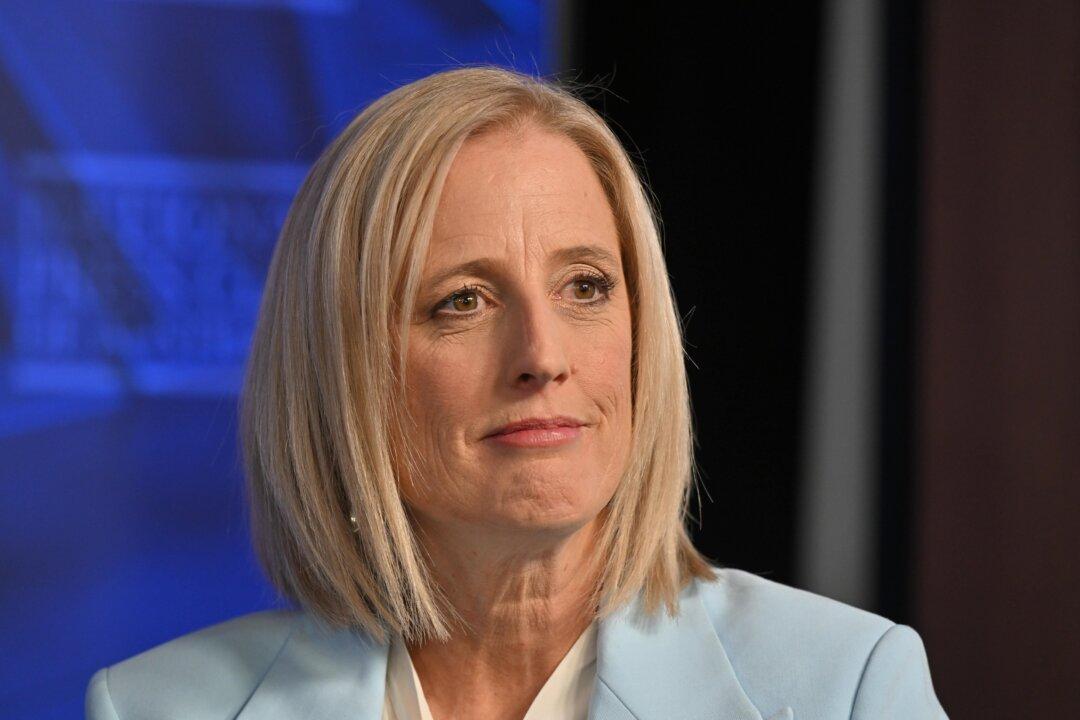Survivors of the Stolen Generations from the Northern Territory, Australian Capital Territory, and Jervis Bay Territory will have an extra 18 months to apply for compensation after the federal government agreed to extend the redress scheme until mid-2028.
Prime Minister Anthony Albanese made the announcement during a speech marking the 17th anniversary of former Prime Minister Kevin Rudd’s national apology to the Stolen Generations.





